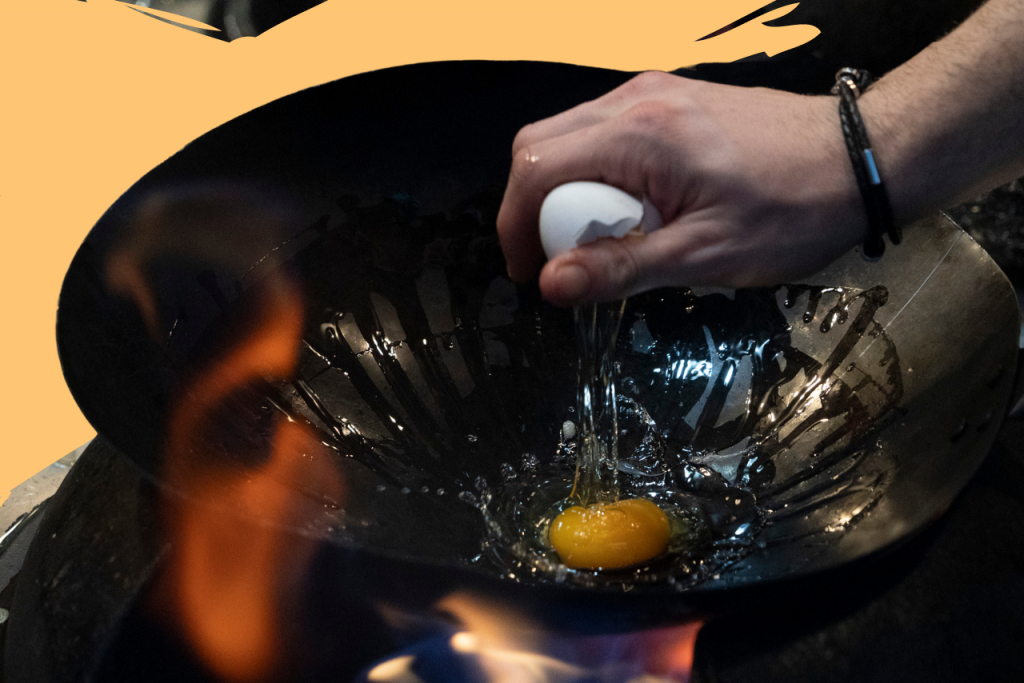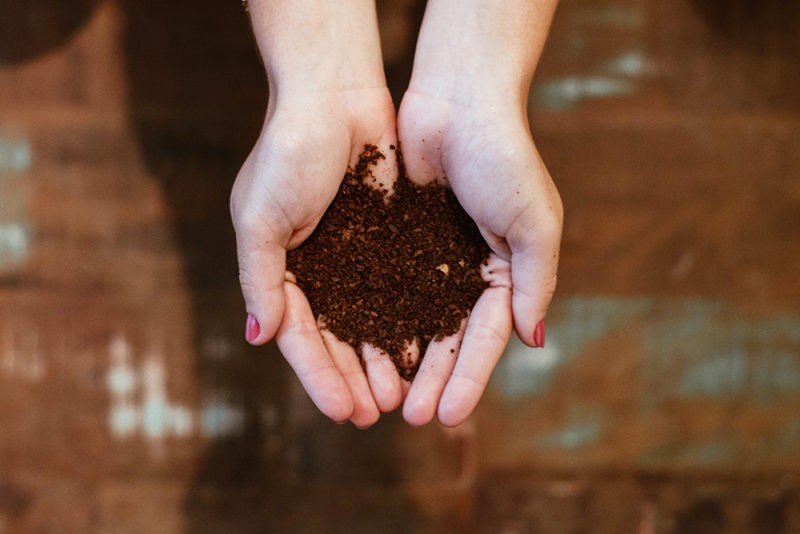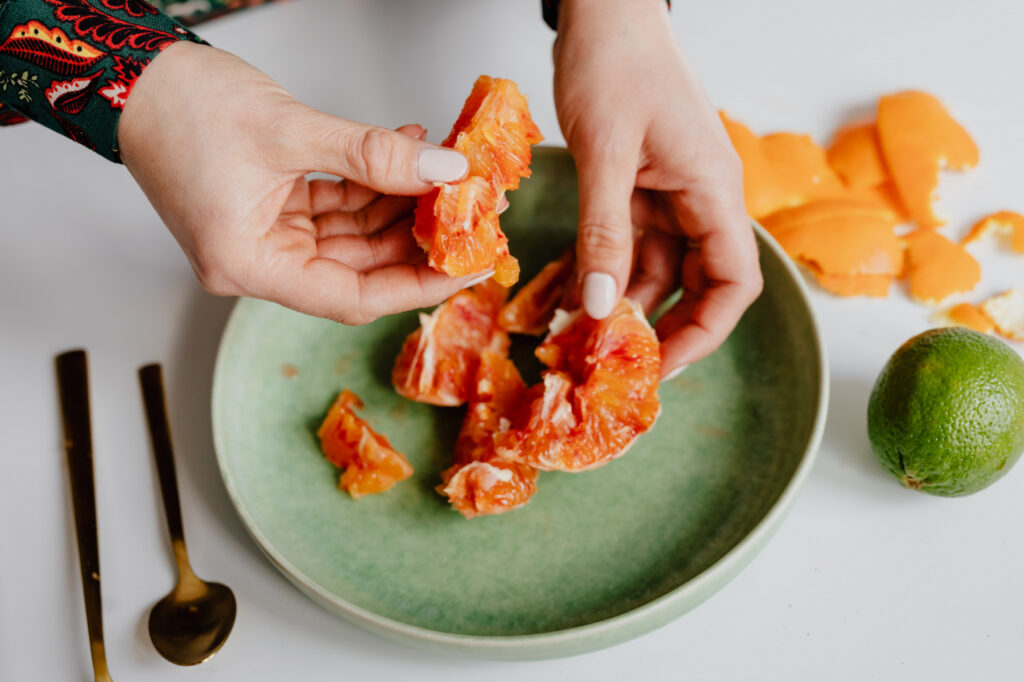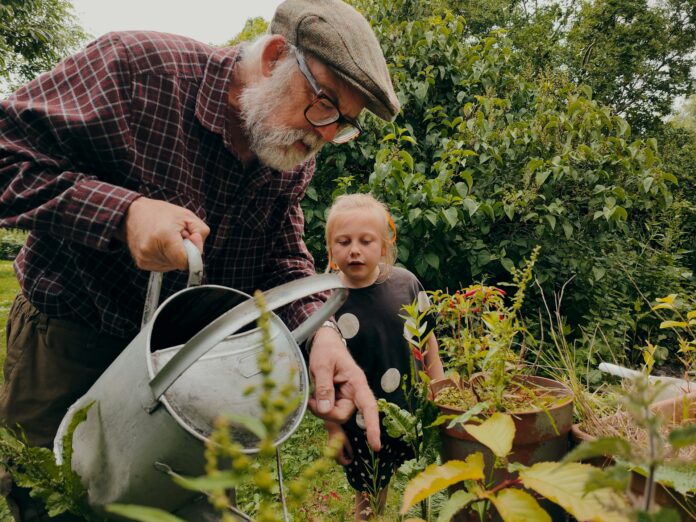We’ve all been there; frying pan in one hand, a Google search in the other, desperately asking whether or not it’s permissible to pour some just-used cooking oil down the drain. In short, it isn’t.
But to field that query with such brevity would be to leave us without an article to write, so instead, we’re exploring the above question – and more – in vast, sometimes unnecessary detail. From ‘’Can I pour cooking oil down the toilet?” to ‘’Should I separate my compost?’’, here are all of your food waste questions answered.
Why Can’t I Pour Oil Down The Sink?
Pouring oil down the sink is ill-advised for both personal and environmental reasons. On a domestic level, oil solidifies once it cools, leading to potential obstructions in your pipes and causing severe plumbing problems.
On a broader scale, it wreaks havoc on the communal sewage system. It interferes with wastewater treatment procedures, as oil doesn’t mix well with water and cannot be broken down easily by the bacteria used in the process.
There’s also the risk that without proper treatment, the oil could percolate into our groundwater reserves. In essence, water contaminated with oil is detrimental to aquatic, terrestrial wildlife and degrades the natural ecosystem, leading to irreparable environmental damage.

Can I Pour Cooking Oil Down the Toilet?
No, you should never pour cooking oil down the toilet. While it may seem convenient – even a little rebellious – pouring cooking oil down the toilet can have detrimental effects on both your plumbing system and the environment.
In short, cooking oil can solidify and clog pipes, creating a ‘fatberg’ that can cause blockages and expensive repairs. Instead of pouring it down the drain, it’s essential to learn how to dispose of cooking oil responsibly.
After letting the oil cool down, pour it into a sealed container and dispose of it in the regular trash or find a local recycling centre that accepts used cooking oil. Some recycling centres even convert used cooking oil into biofuel, contributing to a more sustainable future. For larger quantities, local waste or rubbish removal services may come to your house to collect and safely dispose of your oil.
Do Egg Shells Go In The Compost?
Yes, eggshells can be composted in the UK. They are a valuable source of calcium and other minerals that can enrich your compost. However, it is important to crush the eggshells before adding them to the compost bin. This helps them break down more quickly and prevents them from taking a long time to decompose. By adding crushed eggshells to your compost, you not only reduce waste but also enhance the nutrient content of your compost, benefiting your garden or plants. It should also be noted that it makes no difference whether or not your egg shells have been cooked prior to composting.

Can I Compost Cooked Vegetables?
Yes, you can compost cooked vegetables. Cooked vegetables are a great addition to the compost pile, contributing essential nutrients that can enhance your soil’s fertility. However, it’s important to note that composting cooked vegetables should be done with caution.
If these vegetables have been cooked with oil, butter, or other animal-based products, they may attract pests and result in an unpleasant smelling compost pile. But generally speaking, as long as the cooked vegetables are not heavily contaminated with oils or animal-based products, they can be composted successfully.
Read: 8 reasons why you should start composting your waste today
Can I Compost Tea Bags & Coffee Granules?
Yes, both tea bags and coffee granules can be composted in the UK. Tea bags are typically made from paper, which is compostable, and some brands use biodegradable materials for their bags. However, it’s important to check the packaging or contact the manufacturer to ensure that the tea bags you use are suitable for composting. Remember to remove any staples or plastic elements from tea bags before composting them.
Coffee granules, being organic matter, also make a great addition to your compost pile. They contribute nitrogen to the compost, which is essential for the decomposition process. That said, composting coffee granules does come with some caveats.

Does Raw Meat Go In The Compost?
In terms of organic breakdown, raw meat can, in theory, degrade and be composted. However, it’s usually considered unwise to add it to your domestic compost bin. The principal reason for this counsel is that raw meat can draw unwelcome visitors such as rodents and pests due to its appealing scent and rich protein content.
Additionally, it decomposes more slowly compared to plant-based materials, forming an unpleasantly scented heap and upsetting the balance of your compost, which may impair the overall decomposition process.
Importantly, there is also a health concern, as home compost piles often don’t reach high enough temperatures to effectively destroy potential pathogens in raw meat. Therefore, raw meat should generally be excluded from home composting, although some professional composting facilities might accept it, subject to local regulations.
Read: 5 IDEAL tips for storing meat safely
Are Chicken Bones Suitable For Compost?
In general, chicken (and other animal bones) are not considered suitable for a typical compost heap. While bones are organic in nature and will decompose over a very long period, this process takes significantly longer than the decomposition of plant materials or vegetable scraps traditionally used in compost. If you include bones in your compost pile, they may persist there for years.
Moreover, bones can attract unwanted pests and flies to the compost pile which could be problematic. However, there are specially designed composting systems known as ‘bokashi’ bins, which use beneficial microorganisms to break down tougher items, such as bones, in a more manageable timeframe. All that said, unless a specific composting technique is used, it is generally recommended to avoid adding bones to your compost heap.
Fish bones, on the other hand (or should that be ‘fin’?) are a little more willing to break down. They are rich in calcium and other minerals that provide essential nutrients for the compost mixture. However, they break down relatively slowly and can attract pests. To keep pests away from your compost pile or bin, bury the fish bones deep within the compost pile. Crushing or grinding the fish bones can help them break down faster, too.
How Can I Best Dispose Of Cooked Meat Safely?
Cooked meat shouldn’t be put into compost. Rather, it should be double-wrapped and put in your regular rubbish bin. To avoid waste, you can freeze surplus meat for future use, create new meals out of leftovers within a day or two, or check with a vet to potentially use it as pet food.
If it’s uncooked packaged meat you need to get rid of, consider donating to a local food bank or using a food-sharing app like OLIO. The optimal way to prevent meat waste is to plan your meals and cook only what you will consume.
Does Fruit Peel Go In The Compost?
Absolutely, fruit peels can and should go into the compost bin. They are a rich source of nitrogen and other nutrients, valuable for the composting process. Whether it’s banana peels, apple skins, or citrus rinds, these all decompose fairly quickly and contribute to a balanced compost heap.
However, it is important to remember to cut or tear the peels into smaller pieces to help them break down more easily, thereby expediting the composting process.
If you’re composting at home, be sure your compost heap is well-balanced and includes a mix of ‘greens’ such as fruit peels, which are nitrogen-rich, and ‘browns’ like dried leaves or newspaper, which provide carbon. This ensures an ideal environment for composting and minimises any potential odour issues.

Are Milk Cartons Recyclable?
In the UK, milk cartons are generally recyclable. Most milk cartons are made of paperboard with a thin layer of plastic on the inside. This combination of materials can be recycled through local recycling programs. However, it’s important to rinse out the cartons and remove any plastic caps or straws before recycling them. Some local authorities may have specific guidelines for recycling milk cartons, so it’s advisable to check with your local council or waste management facility for precise instructions.
For an even more sustainable option, you can even get a milk delivery in returnable glass bottles. Traditional doorstep milk delivery services have made a comeback in recent years, offering a zero-waste alternative that eliminates packaging waste entirely. The glass bottles are collected, sterilised, and reused multiple times, significantly reducing environmental impact compared to single-use cartons.
Should I Separate My Compost?
Separating your compost isn’t strictly necessary, but it can be helpful. Composting is a continuous process and having two or more compost heaps or bins running concurrently enables you to have a continual supply. You can keep adding to one heap while the other is ‘cooking’ or processing. This means you constantly have one active pile to receive fresh compost material, while the other matures into rich compost for your garden.
Separating also allows you to segregate materials based on their decomposition rates. For instance, leaves and grass cuttings compost much quicker than branches and twigs. While it’s not essential, separating your compost can make the process more efficient and beneficial for your gardening needs.
The Bottom Line
Proper waste management, including the appropriate disposal of cooking oil, composting eggshells, and reducing food waste, is crucial for a sustainable future. Remember to always check with local regulations or composting facilities for specific instructions on waste management in your area.
Please note that while this information is accurate at the time of writing, it’s always advisable to stay updated with local regulations and guidelines regarding waste management in the UK.





